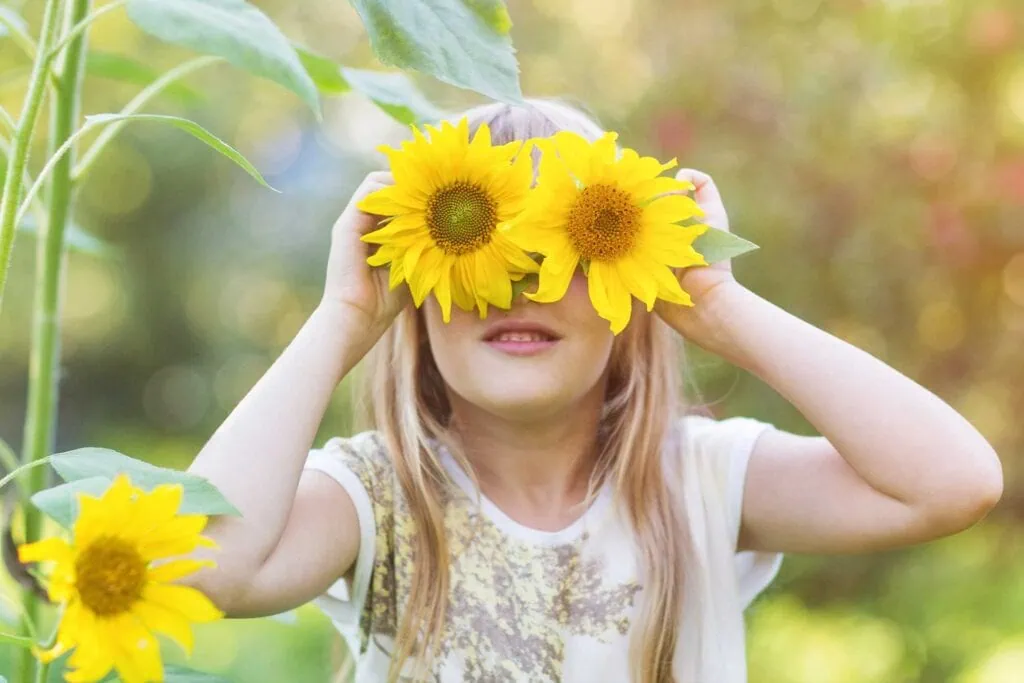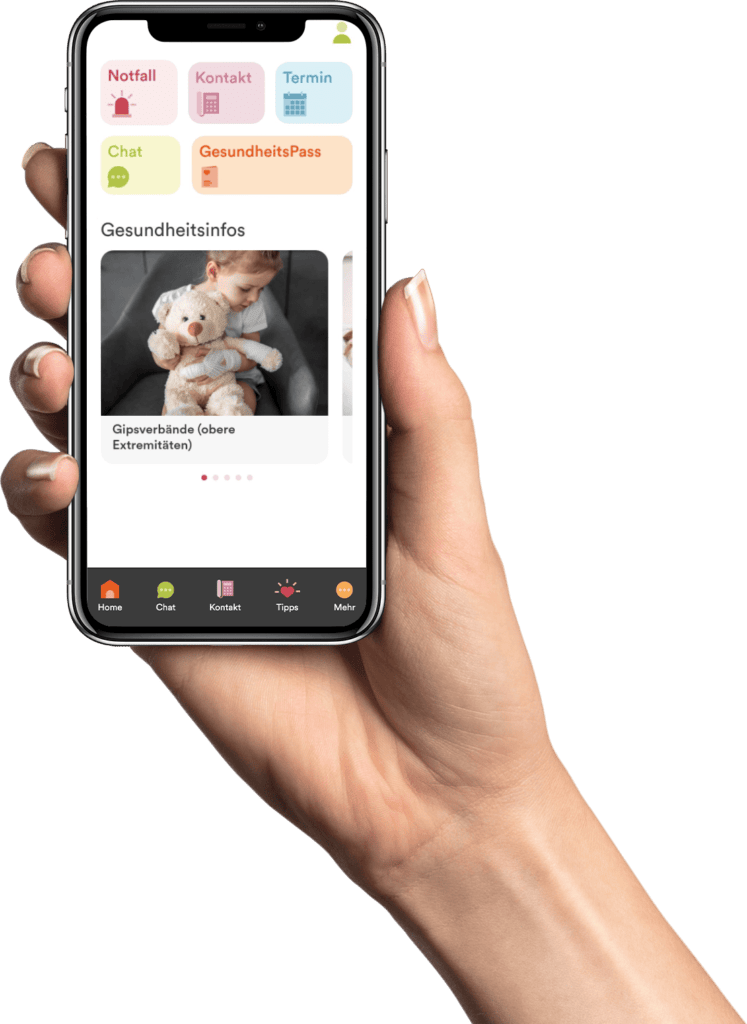A guide for parents
What do we as pediatricians and adolescent physicians have to offer? to do with climate protection?
We want your children to grow up healthy and happy. In addition to medical care, we are also committed to preserving a healthy planet.
Why?
The natural environment has a significant influence on children's health. Their bodies react very sensitively to changes as they are still growing. This is why harmful influences due to climate change and environmental pollution can be particularly damaging to children.
What is our goal?
We want to show you how closely the health of our planet is linked to our own health. At the same time, you will learn how you can do something for your own health and that of your children with many small measures in everyday life.
We can work together to make society more environmentally friendly and therefore healthier.
We all benefit from this!
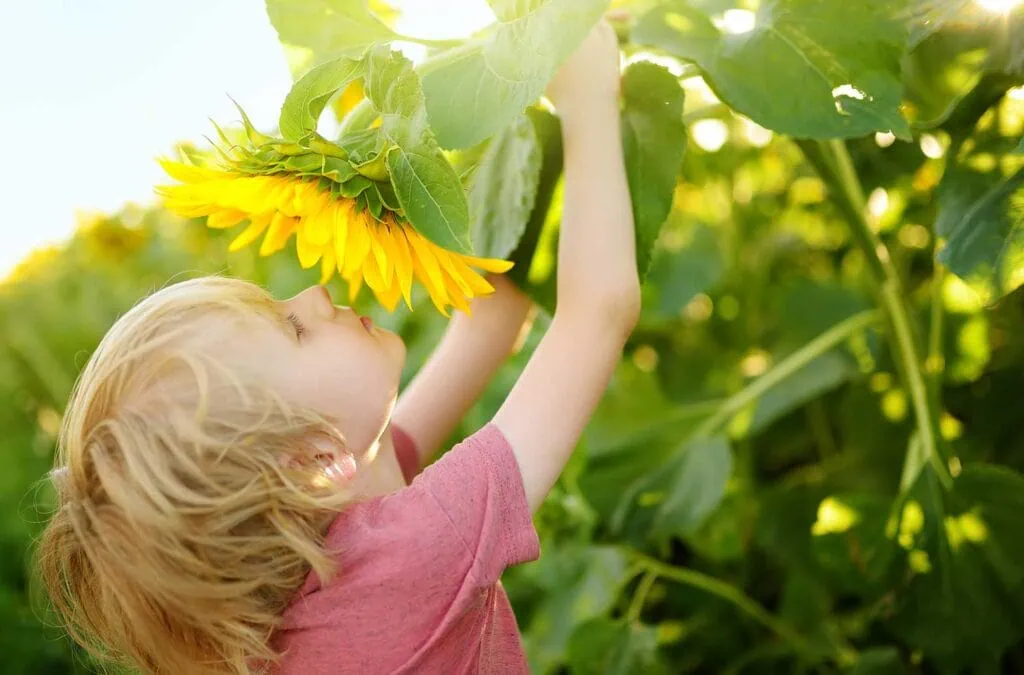
Nutrition ...
... is an important key to healthy families and a healthy climate.
Our current food system, with agriculture that promotes monocultures and factory farming, causes a quarter of all harmful greenhouse gases (CO₂) worldwide. In addition, a third of all food ends up in the bin, which wastes resources unnecessarily.
At the same time, a diet high in animal products such as meat and dairy products increases the risk of obesity and diseases such as diabetes and high blood pressure.
A predominantly plant-based diet with few animal products provides children and young people with the necessary vitamins and nutrients and prevents obesity.
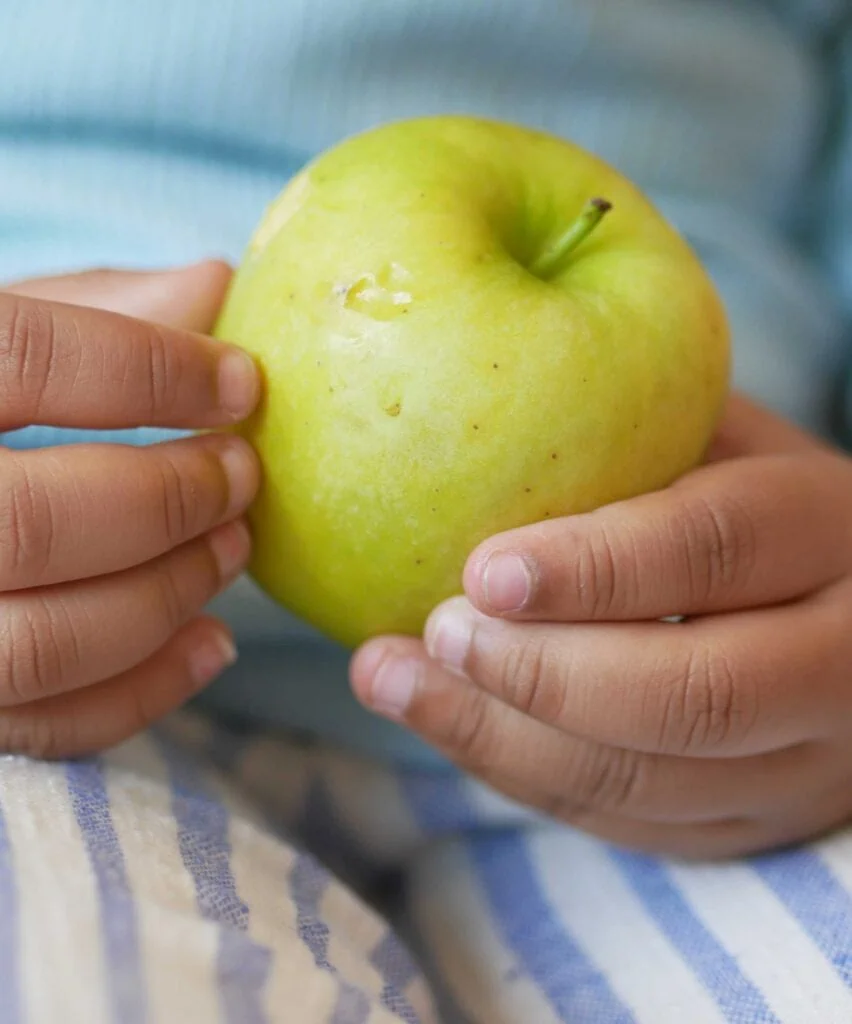
What can I do?
- Buy regional and seasonal food wherever possible
- Compile a diet consisting mainly of fruit and vegetables, potatoes, wholegrain products and plant-based proteins such as nuts, beans and lentils
- Consume meat and dairy products sparingly
- Plan shopping and meals to avoid throwing food away
- Do not dispose of food just because it has expired
Movement and transportation:
Active and climate-friendly from A to B
Cars and other motorized means of transport produce a lot of harmful exhaust fumes, CO₂ and particulate matter. This promotes allergies and lung diseases.
In addition, children and young people move less if the family frequently uses motorized means of transport for everyday journeys.
Being active in everyday life is the best protection against obesity or back problems. Exercise is also very important for the mental and physical development of children.
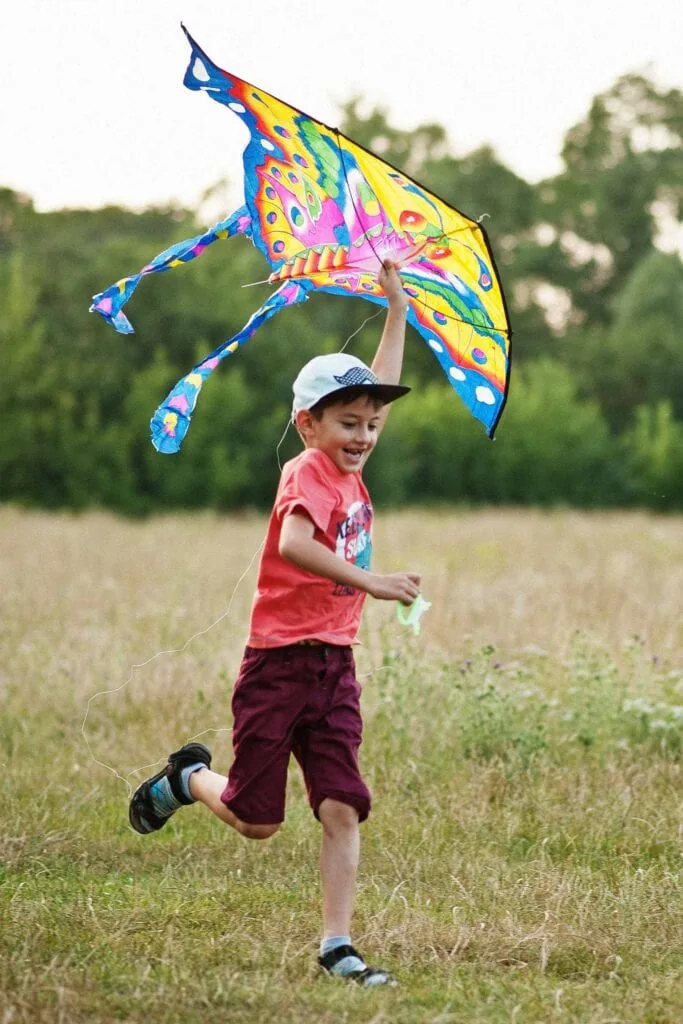
What can I do?
- Cycle, walk and use public transport whenever possible
- Consider alternatives to flights
- Planning family trips by train
- Plan a trip on the night train as a special adventure for children
- form carpools if possible
Electricity and gas:
Switch to green energy
Burning coal, oil and natural gas for electricity and heating is responsible for more than a third of global CO₂ emissions.
In addition, these raw materials cause many illnesses due to pollutants that are released into the air when they are burned. Children's lungs are particularly sensitive to these pollutants.
Clean air can therefore reduce bronchitis and asthma. Child developmental disorders and even premature births also occur less frequently.
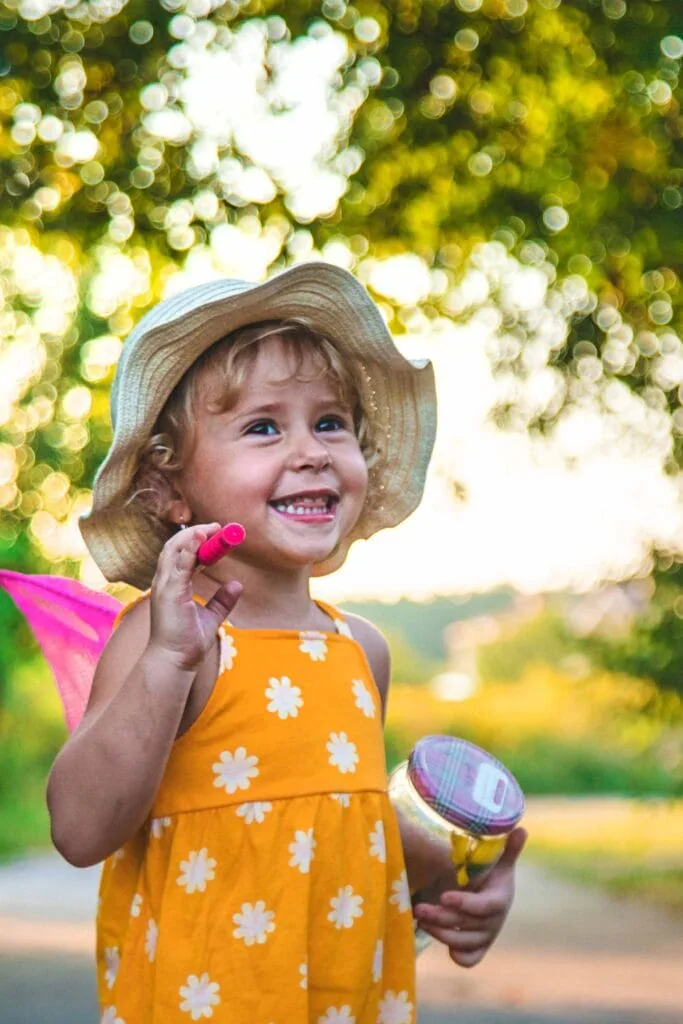
What can I do?
- Save electricity and switch to green alternatives such as green electricity
- heat carefully and lower the room temperature to 19 degrees in the cold season if possible
- Use less hot water and use low-flow shower heads
- Generate your own electricity and use solar cells: there are also models for the balcony
Nature instead of plastic:
Avoid pollutants and plastic
Man-made pollutants such as plastic, pesticides and chemicals accumulate in nature and in drinking water. There they harm many animals and plants and also enter our bodies via food, drinking water and the air we breathe.
Harmful substances can also be absorbed by the skin from clothing and care products. Children are also particularly susceptible to the harmful effects.
The fewer pollutants in the environment, the fewer chronic illnesses and developmental disorders are observed in children.
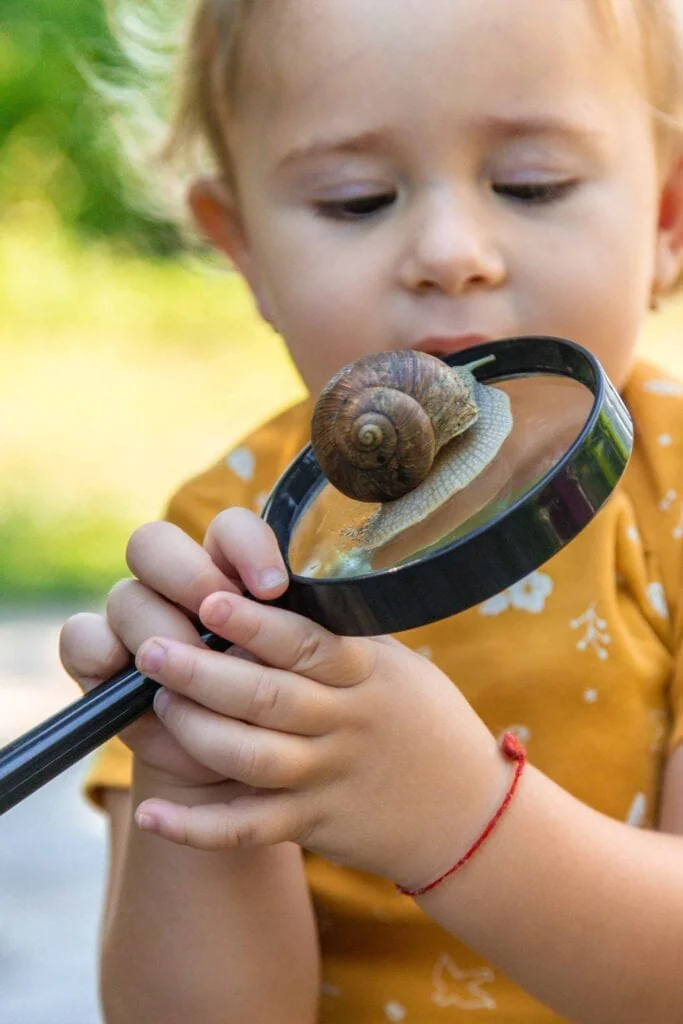
What can I do?
- Separate waste and recycle as much as possible
- Prefer to buy second-hand clothes
- Use non-plastic kitchen utensils and non-coated pans, for example made of cast iron or stainless steel
- Use care products without microplastics, fragrances and preservatives
- Prefer cleaning agents made from purely natural ingredients
- Buy unsprayed (e.g. organic) fruit, vegetables and cereals
- Do not use impregnation spray or synthetic pesticides such as glyphosate
For climate & health:
the most important tips
- Being active on foot and by bike reduces pollutants and CO₂ in the air and helps children stay healthy and slim
- More fruit, vegetables, nuts and less meat and dairy products improve children's health and protect the environment
- Green electricity and energy saving help to reduce asthma and bronchitis, because less burning of raw materials means cleaner air
- Waste separation and recycling help to reduce chronic diseases, because saving resources means fewer pollutants such as plastic and chemicals in the environment
- Not wasting food is good for your wallet and the climate
- Fewer cars means more space for parks, football pitches and children's playgrounds
- Get involved and talk about climate protection - even small changes add up to a lot

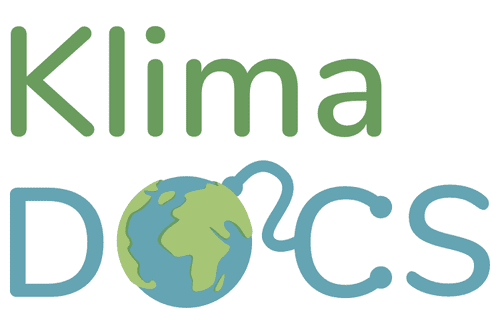
Who are the KlimaDocs?
The KlimaDocs are a network of doctors who want to take more responsibility for climate and environmental protection. And thus also actively support the health of their patients.
A climate and environmentally friendly lifestyle means above all a gain in health and quality of life - for you, your fellow human beings and all generations that come after us.
If you would like to know more about climate and health protection, talk to your doctor or visit our website klimadocs.de
Are you a doctor and would like to join our network? Simply request free information material for patients at www.klimadocs.de order.
